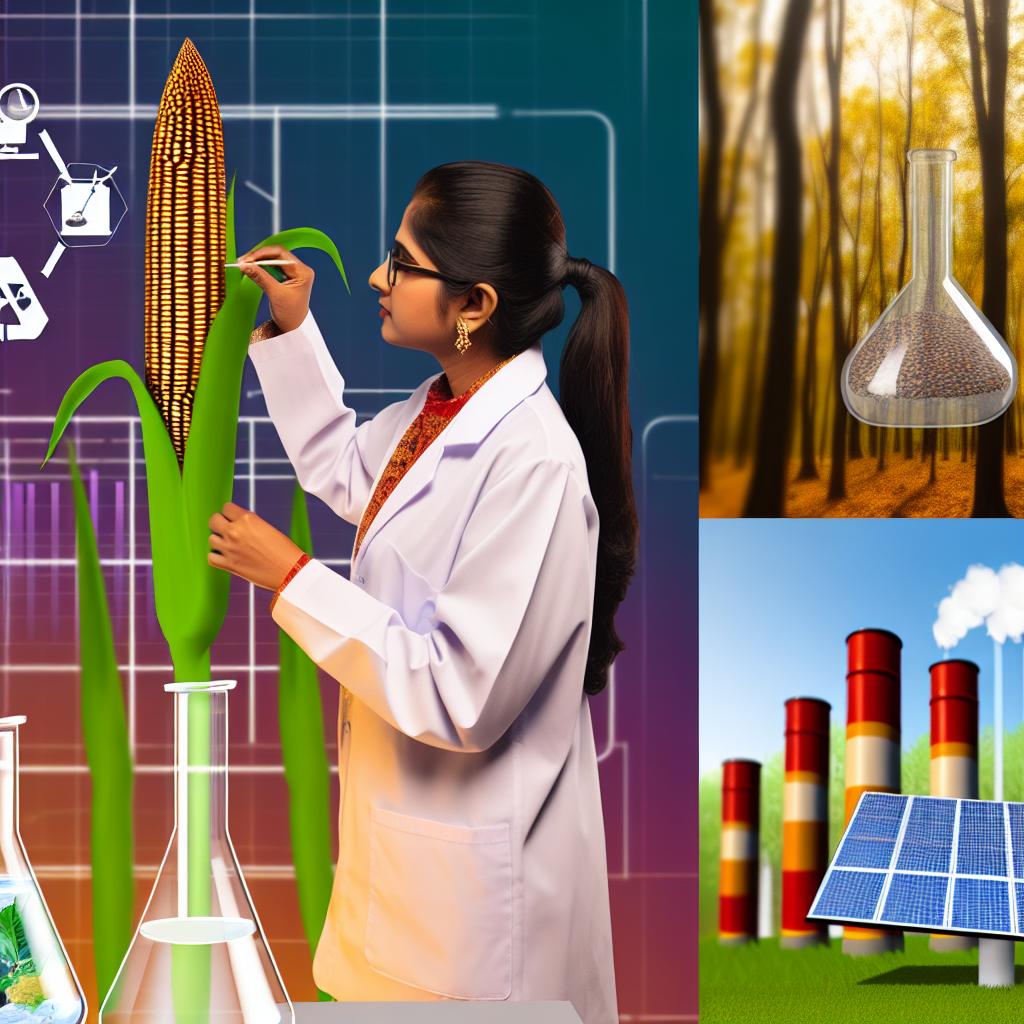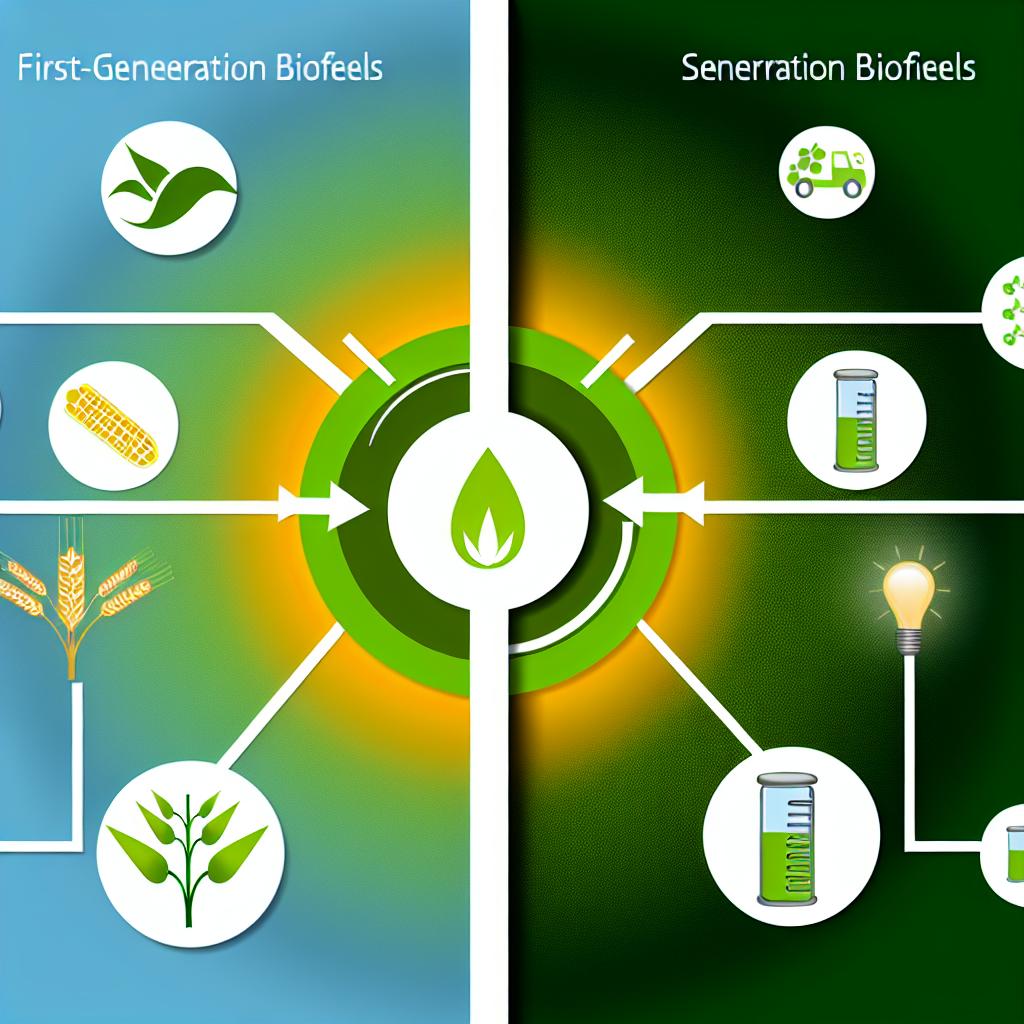Environmental Impacts of Biofuels The rise of biofuels as a proposed sustainable alternative to traditional fossil fuels has been met with both optimism and skepticism. As the world increasingly seeks renewable energy sources to combat climate change and environmental degradation, understanding the wide-ranging effects of biofuels is crucial. This analysis delves into various environmental, economic, […]
The advantages of using biofuels over traditional fuels.
Understanding Biofuels Biofuels stand at the forefront of renewable energy solutions, derived from organic materials such as plant and animal waste. These renewable energy sources provide an environmentally friendly alternative to traditional fossil fuels. Unlike conventional fossil fuels, biofuels generally produce lower emissions during their production and combustion, offering a cleaner energy solution. The growing […]
How sugarcane is used to produce ethanol.
The Role of Sugarcane in Ethanol Production Sugarcane, a critical tropical crop, plays an integral role in the production of ethanol, which is a renewable source of energy aimed at decreasing the world’s dependence on fossil fuels. This article delves comprehensively into the detailed process of transforming sugarcane into ethanol and examines the broader implications […]
The role of algae in biofuel production.
The Contribution of Algae to Biofuel Production The development of alternative energy sources has become a pivotal focus in the global effort to transition away from reliance on fossil fuels. Among the myriad of emerging solutions, algae have emerged as a viable candidate for sustainable biofuel production. These aquatic organisms have shown immense potential in […]
The process of producing biodiesel from vegetable oils.
The Process of Producing Biodiesel from Vegetable Oils The production of biodiesel from vegetable oils represents a significant technological advancement in creating a sustainable and eco-friendly alternative to conventional fossil fuels. The process primarily relies on the transformation of fats and oils into fatty acid methyl esters (FAME), which is the chemical name for biodiesel. […]
How biofuels are produced from corn.
Introduction to Corn-Based Biofuels Biofuels derived from corn, primarily ethanol, have emerged as a viable alternative in the energy sector. As global energy demands continue to rise, biofuels represent a sustainable option, offering the potential for reduced environmental impact compared to traditional fossil fuels. Among the various biomass sources, corn stands out due to its […]
The role of biofuels in reducing greenhouse gas emissions.
The Role of Biofuels in Reducing Greenhouse Gas Emissions Biofuels have gained considerable attention in the quest to reduce greenhouse gas emissions globally. These fuels, derived from biological materials like plants or animal waste, are renewable energy sources. In contrast to fossil fuels, biofuels can be replenished relatively quickly, rendering them a sustainable alternative. It […]
How biofuels compare to fossil fuels.
Introduction to Biofuels and Fossil Fuels The global reliance on fossil fuels throughout history is undeniable. These sources, including coal, oil, and natural gas, have powered industries and homes for centuries. However, as concerns about environmental sustainability and climate change intensify, there is an evolving shift towards alternative energy solutions such as biofuels. To engage […]
The environmental impact of biofuels.
Introduction Biofuels have long been recognized as a potentially sustainable alternative to conventional fossil fuels. Their promise lies primarily in the potential for reduced greenhouse gas emissions and lessened environmental degradation. However, while biofuels such as ethanol and biodiesel seem to offer promising advantages, their production and consumption are also tied with a distinct set […]
The difference between first-generation and second-generation biofuels.
Understanding Biofuels: First-Generation vs. Second-Generation The growing need for sustainable energy sources has brought biofuels into the spotlight. As a renewable energy source, biofuels are derived from organic materials and offer a promising alternative to fossil fuels. There are two main categories: first-generation and second-generation biofuels. Understanding their differences is crucial in evaluating their potential […]











